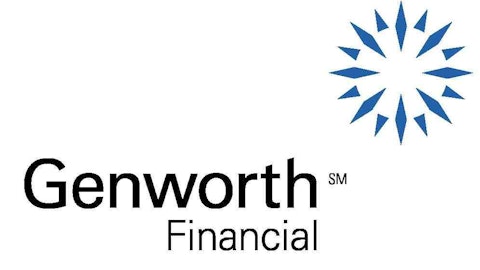Macroeconomic factors affecting new mortgage originators
The top slice of the mortgage bonds offering has been given different ratings by different agencies, illustrating how the views about the credit markets are diverging. According to another rating agency, S&P, the mortgages are of high quality, but have some weaknesses like geographical concentration of loans and some representations and warranties. Representations and warranties were cited as weaknesses in the deal by Fitch Ratings as well.
Non-agency mortgage bond offerings this year have already exceeded $1.5 billion, which is 50% more than the total issuance in either of the years 2010 or 2011. The total issuance in this year can easily be expected to surpass last year’s total of $3.5 billion as well. The divergence in ratings assigned to some of these issuances (as witnessed in the recent offering by Credit Suisse Group AG (ADR) (NYSE:CS)) indicates that ratings agencies are giving different priority to different risk factors.
Residential property investment
Some private equity firms have made big bets on a real estate recovery in recent years. Carlyle Group LP (NASDAQ:CG) has been investing in buying and building apartment properties. Since 2008, the private equity firm has made investments totaling approximately $2.5 billion in the US real estate market, out of which only $10 million were made in single family homes. According to the management of Carlyle Group, the advantages of buying apartments instead of single family homes are a more organized market, marketable securities, and fewer maintenance costs. Carlyle Group currently has a P/E of 103.83 and P/B of 0.13. There are other private equity firms, however, like The Blackstone Group L.P. (NYSE:BX) and Colony Capital, that have purchased foreclosed single family homes, hoping that they will increase in value as the housing market recovers.
Valuation
In general, I don’t trust the valuations of many financial companies. Thus, I don’t like paying premiums on potentially phony-baloney book values. I am therefore not interested in anything with a book value above 1. Fortunately, there is less judicial risk in leveraged mortgage REITs. Investors should consider these names as buy candidates when they trade below book value. In addition to reading more about these individual REITs, investors should also consider whether or not the distributions they make (which are not taxed as dividends, but like interest income) are appropriate for them. They are more attractive as components of a tax-advantaged account than a regular investment account.
The article How To Play The Mortgage Recovery Safely originally appeared on Fool.com and is written by Bill Edson.
Copyright © 1995 – 2013 The Motley Fool, LLC. All rights reserved. The Motley Fool has a disclosure policy.



